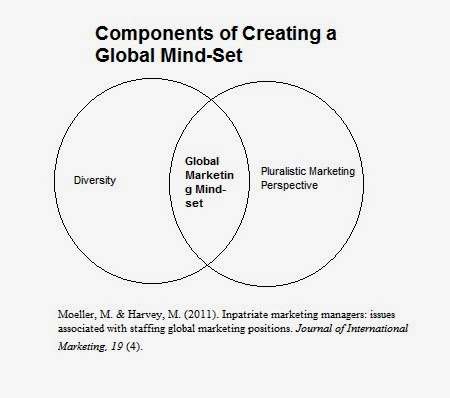Pools of motivated customers exist in the market and
companies that can find them are able to tap their customer pools to create
higher returns on marketing investment. Access to new customers rests in market
research and treaties that open these markets for revenue generation.
Market research allows a company to determine who is most
likely interested in their product and where they can find them. A thorough
research approach should also include the types of media needed to reach your
target market. In the international environment this can take significant time
but can improve performance.
Certain customers will be interested in your
products/services more than others. Knowing who they are makes the entire sales
process easier as they come to the company “hot”. An organizational will then
need to know how to reach them and the marketing mediums that have the highest
rates of return.
Treaties help ensure that trade can actually be conducted. If
there is no treaty it may be unlawful or expensive to conduct business in
certain countries. Solidly designed treaties provide American companies’ access
to new customers but also protect the products/services companies offer.
Fishing the global market requires a willing partner in
government along with intensive market research. Business pushes for expansion
of reach and government opens the door. Knowing where the hungriest fish are
and having the boat to get there is great but then using the right
bait and hook can lure them into biting. Fishing trips should start with a little
research.


